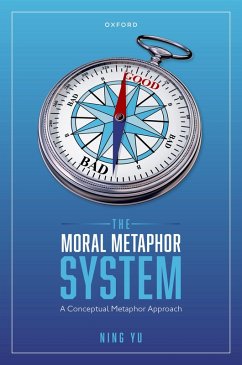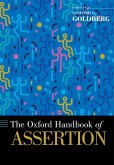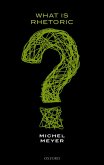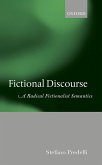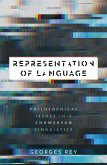This book investigates moral metaphors in English and Chinese, applying conceptual metaphor theory to a comparative study of the linguistic manifestation of the moral metaphor system rooted in the domains of bodily and physical experience. Ning Yu sheds light on the metaphorical nature of moral cognition and how it is systematically manifested in language, and explores the potential commonalities that define moral cognition in general, as well as the differences that characterize distinct cultures. The work investigates moral cognition at the cultural level as reflected in language, based on linguistic evidence from both English and Chinese and, to a limited extent, multimodal evidence from the corresponding cultures. The moral metaphor system is taken to consist of three major subsystems, referred to as "physical", "visual", and "spatial". These subsystems are clusters of conceptual metaphors, whose source concepts are from domains of embodied experiences in the physical world, and which are formulated in contrastive categories with bipolar values for the target concepts of moral and immoral. The study is characterized by two keywords: system and systematicity: The former refers to the fact that metaphors (conceptual and linguistic) are connected within networks, and the latter to the need for those metaphors to be studied in such networks.
Dieser Download kann aus rechtlichen Gründen nur mit Rechnungsadresse in A, B, BG, CY, CZ, D, DK, EW, E, FIN, F, GR, HR, H, IRL, I, LT, L, LR, M, NL, PL, P, R, S, SLO, SK ausgeliefert werden.

